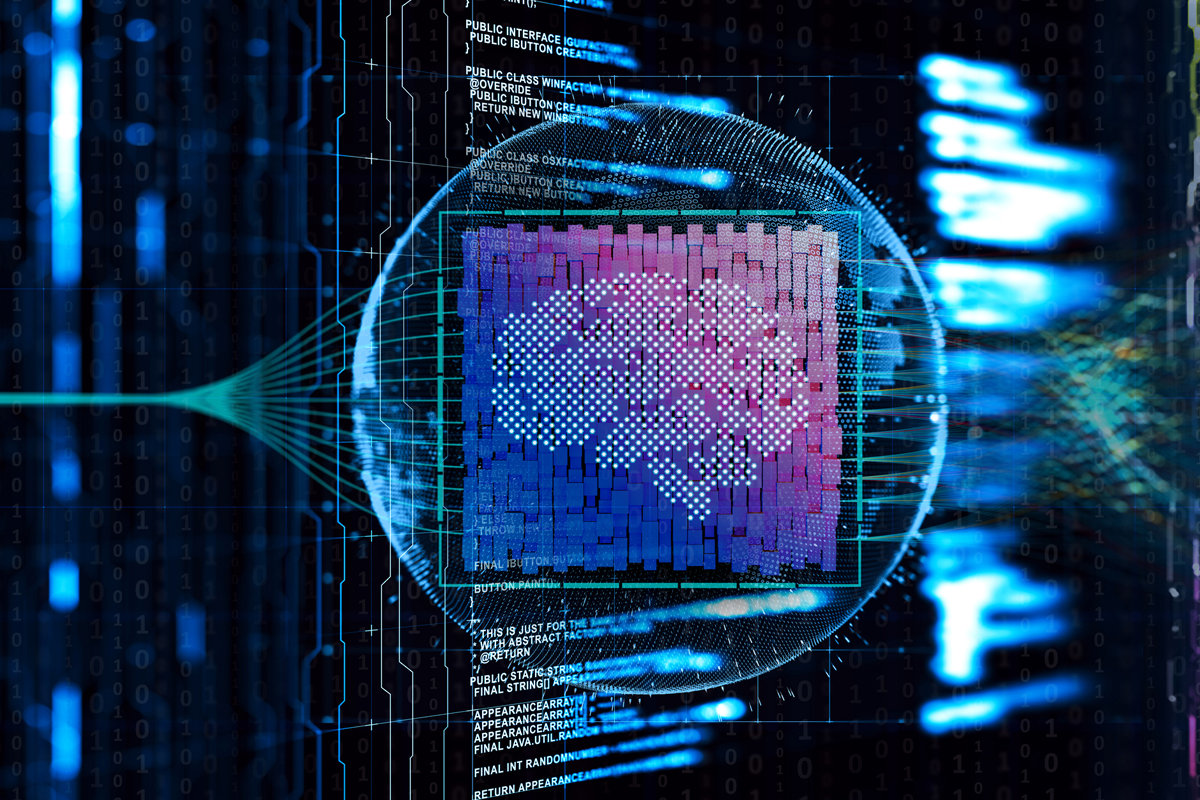By – Mohamed Abdulzaher
If you go back to your browser to the last 15 years, or ask in your social network and your relatives about some of your previous interests.
Can you know what the most important interests are, your most useful or harmful behaviors, your favorite meals, family visits, your domestic and foreign journeys, airlines, goods you have bought online or those that caught your attention.
- Read also: Who Will Lose His Job Soon?
Did you ever think of a particular university, a private school for your children, when, how, where and by what means of payment you made in an hour, a day, a month or a year.
All of these are Big Data that is difficult to be controlled, but there are global devices and networks and giant companies such as Google, Amazon, Oracle and other international companies that receive every second, thousands terabytes of such information.
- Read also: How to Write Your Name on Mars?
AI Journalism and Big Data
Put simply, big data is larger, more complex data sets, especially from new data sources, These data sets are so voluminous that traditional data processing software just can’t manage them.
But these massive volumes of data can be used to address business problems that you wouldn’t have been able to tackle before, where Artificial Intelligence (AI) Journalism can use and process accurately, according to Oracle Corporation.
In the last 15 years, we have witnessed an explosion for data available – from the Internet, social media, scientific equipment, smart phones, surveillance cameras, and many other sources – and in the computer technologies used to process it.
“Big Data” as it is known, will undoubtedly deliver important scientific, technological, and medical advances, but Big Data also poses serious risks if it is misused or abused.
- Read also: Artificial Intelligence and Making Films
And, in the near-future, Big Data could significantly improve government policy making, social-welfare programmers, and scholarship (World Economic Forum).
But How can AI Journalism reap the benefits of that Big Data?
In the next ten years, media will rely on collecting and analyzing Information and data from sources such as Google, Microsoft, Facebook, Twitter, and social media, or from marketing, services, journeys and hotel reservations sites to identify the most important trends of the local public.
The most favorite dishes, the most places they aspire to go, the most problems that seek solutions, the most trusted markets among the public, and their cultural, educational and professional level.
Artificial Intelligence (AI) Journalism will have a “Robot” that specializes in all editorial and journalism writing sections, which will:
1: Support cooperation with information networks, and their local or international sources to obtain public interests’ targets.
2: Receive and analyse information on target public’s’ categories.
3: Formulate various media messages according to the means that reach the target audience.
4: Store that information for the future to support impact campaigns on political or social issues to serve the local public for each means of media.
AI Journalism does not stop at receiving information or searching for it, but it makes information, stores it and analyses it.
- Read also: Clean Energy is The Best Way of Life (VIDEO)
AI Journalism is always in a race with the target public to capture their interests and broadcast the right content that matches their interests, quickly, accurately and in a smart way.
Risks of AI Journalism when dealing with Big data
On the other hand there are some risks that can arise in the era of the Artificial Intelligence Journalism when dealing with Big data, Those risks may be:
1: Violation of privacy of many community members’ may occur when accessing personal information that may be related to their psychological, mental health or marital relationship, family and private problems with the surrounding community.
2: The use of Big Data in Artificial Intelligence (AI) Journalism can also result in inaccurate results, as some people may manipulate some of the results of different opinion polls and standards.
3: When some people know that a data set is used to make important decisions that influence them, they have the incentive to set the standards for their benefits.
For example, some people may give false statements about their political views or their preferred party in order to obtain positive results or other privileges within society.
- Read also: New Robot Traffic Cop
Finally, Artificial Intelligence (AI) Journalism must protect the privacy of individuals and provide them with adequate guarantees of free circulation of information, so as not to harm the community and see that it does not harm the professionalism of the media message.
- Read also: First Arabic Robot Anchor on UAE Screens
Another danger is the person’s faith and confidence, as well as institutions and governments, in the results of analysis of such Big Data that what may harm the content of media messages addressed to the public on the basis that the results are 100% correct and there is no doubt in its correctness.
Twitter: @mohamabdulzaher
Linkedin: @Mohamed Abdulzaher







